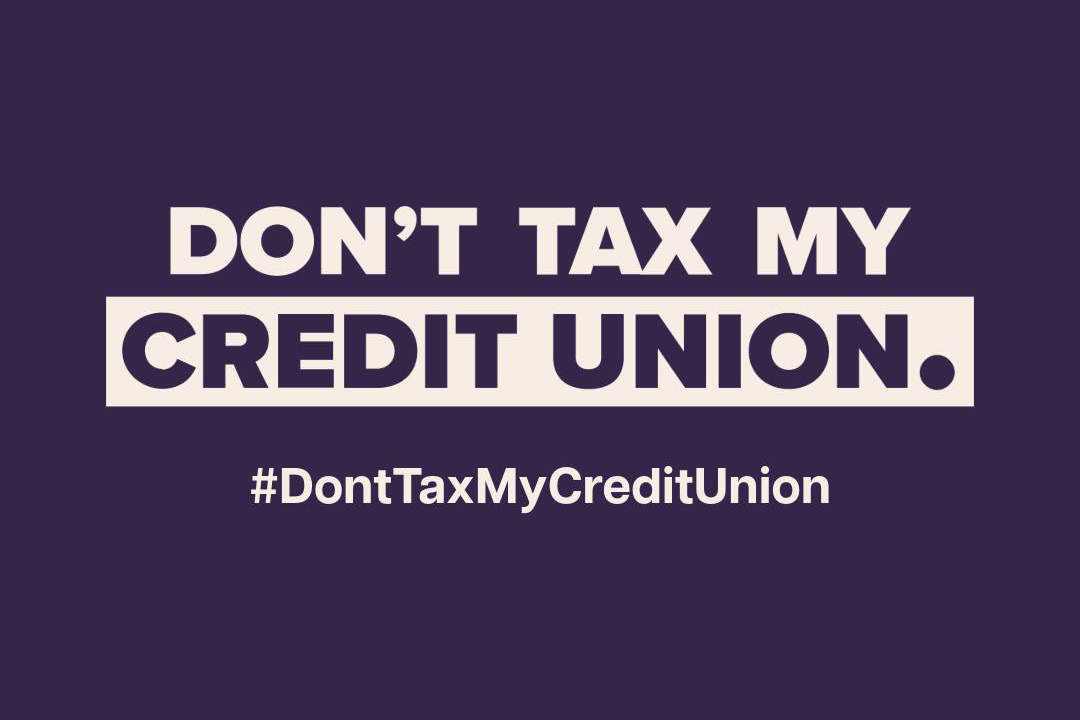
Congress passes funding bill for FY21
After months of negotiations, Congress passed legislation to provide economic relief to people and small businesses from the impacts of the COVID-19 pandemic. This relief comes in the same legislative package as continued funding for Fiscal Year 2021. FY21 funding levels’ impact on the co-op community is available here.
In response to this legislation, NCBA CLUSA President & CEO Doug O’Brien said, “We thank Congress for listening to the co-op community and expanding eligibility while clarifying a number of key provisions in the legislation. While the bill is overdue, it is a welcome measure to sustain the co-op and small business community.”
Paycheck Protection Program (PPP)
The bill provides $284.45 billion for the Paycheck Protection Program with additional reforms, expanded eligible uses of funds, and eligible borrowers, available through March 31, 2021.
Following successful advocacy efforts of the cooperative community in the spring with the CARES Act, cooperatives are eligible for Paycheck Protection Program loans and does not require a personal guarantee. Further, this bill ensures housing cooperatives are eligible for PPP loans. In June, NCBA CLUSA led efforts in coordination with the National Association of Housing Cooperatives and other organizations within the co-op community to urge this action. Senate Minority Leader Chuck Schumer and House Small Business Committee Chairwoman Nydia Velazquez championed this provision to ensure housing cooperatives could equitably access this federal program. New York City is home to more than half of the nation’s housing cooperatives.
PPP loans are administered through private banks, credit unions, Farm Credit lenders, and Community Development Financial Institutions and are 100 percent guaranteed by the US Small Business Administration. If loan proceeds are directed toward certain eligible uses by the business, PPP loans are eligible for forgiveness. Borrowers can select a covered period between eight and 24 weeks after the loan’s origination. Loans are in amounts expected to support small businesses for approximately three months.
The bill expands eligible uses of PPP funds to include: payment for any software, cloud computing, and other human resources and accounting needs; costs for damage to covered property due to public disturbances during 2020 that are not covered by insurance; supplier costs; and costs related to purchase of personal protective equipment and adaptive investments to comply with federal health and safety guidelines or equivalent State or local requirements.
Second draw PPP loans
The bill allows for smaller, harder-hit businesses to apply for a second PPP loan with a maximum amount of $2 million. To be eligible for a second PPP loan, a business must:
- Employ 300 or fewer employees
- Have used or will use the full amount of their first PPP loan; and
- Demonstrate at least a 25 percent reduction in gross receipts in the first, second, or third quarter of 2020 relative to the same 2019 quarter.
The bill makes a number of set-asides for PPP funding:
- For lenders:
- $15 billion for CDFIs and MDIs
- $15 billion for small depository institutions
- For borrowers:
- $35 billion for first-time borrowers, $15 billion of which for smaller, first-time borrowers with 10 or fewer employees OR loans less than $250,000 in low-income areas;
- $25 billion for second draw PPP loans for smaller borrowers with 10 or fewer employees, OR loans less than $250,000 in low-income areas.
PPP forgiveness
The bill creates a simplified forgiveness application process for loans under $150,000.
PPP tax provisions
The bill clarifies that gross income does not include any amount that would otherwise arise from the forgiveness of a Paycheck Protection Program (PPP) loan. In addition, deductions are allowed for otherwise deductible expenses paid with the proceeds of a PPP loan that is forgiven, and that the tax basis and other attributes of the borrower’s assets will not be reduced as a result of the loan forgiveness. The provision is effective as of the date of enactment of the CARES Act. The provision provides similar treatment for Second Draw PPP loans, effective for tax years ending after the date of enactment of the provision.
Economic Injury Disaster Loans (EIDL)
The bill includes $20 billion for new EIDL grants for businesses in low-income communities
The bill also repeals the requirement for EIDL advances to be deducted from PPP forgiveness amount.
In March, NCBA CLUSA successfully advocated for all cooperatives to be eligible for EIDL funds in the passage of the CARES Act.
EIDL tax provisions
The bill clarifies gross income does not include forgiveness of certain loans, emergency EIDL grants, and certain loan repayment assistance, each as provided by the CARES Act. The provision also clarifies that deductions are allowed for otherwise deductible expenses paid with the amounts not included in income by this section, and that tax basis and other attributes will not be reduced as a result of those amounts being excluded from gross income. The provision is effective for tax years ending after date of enactment of the CARES Act.
Community Development Financial Institutions
The bill includes $12 billion for the Neighborhood Capital Investment program to provide CDFIs and MDIs with additional funds to respond to local economic challenges resulting from the pandemic. CDFIs and Community Development Credit Unions are critical partners for small cooperative businesses.
A detailed division-by-division summary produced by the House Appropriations Committee majority staff is available here.


